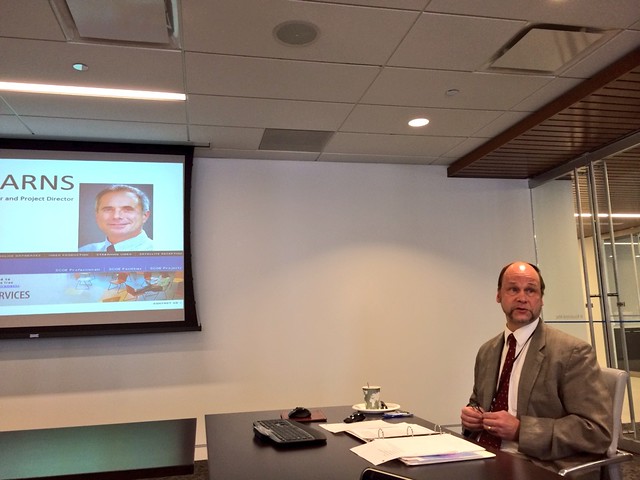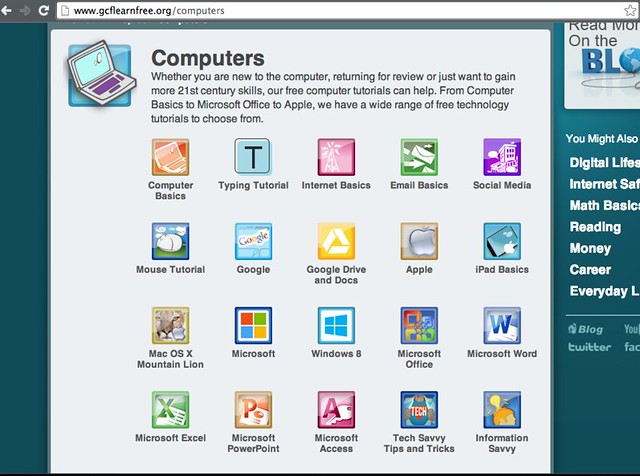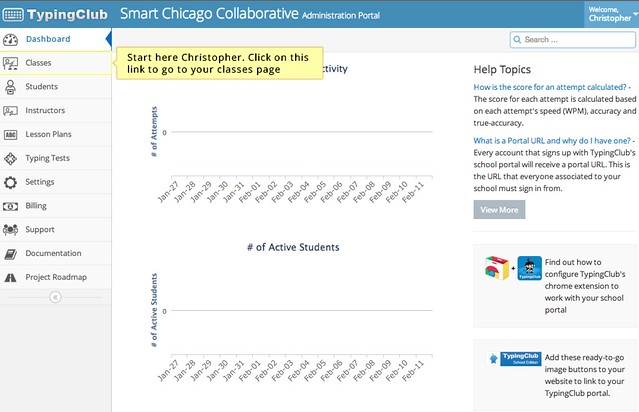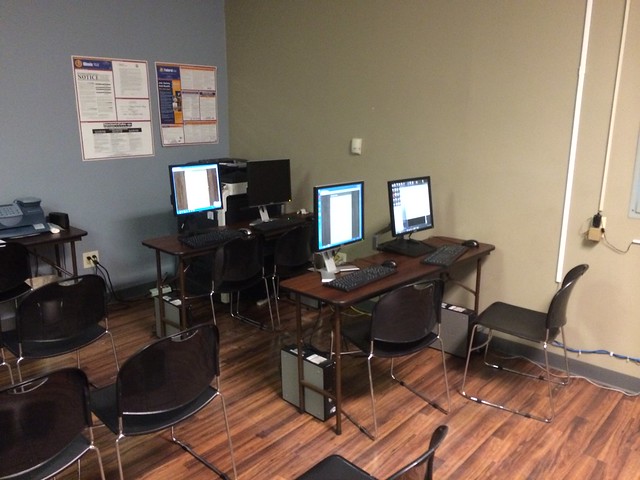Here at Smart Chicago, we are interested in technology that helps improves the lives of regular Chicago residents. Expunge.io, a simple tool for kicking off the expungement process by by Cathy Deng and the Mikva Challenge Juvenile Justice Council, is a good example of that.
We’re also interested in helping bring along smart policies that mitigate the need for tech-based workarounds like Expunge.io. Illinois Senate Bill 0978 is a good example of that. Here’s the relevant portion of that legislation:
the Department of State Police shall automatically expunge, on or before January 1 of each year, a person’s law enforcement records relating to incidents occurring before his or her 18th birthday in the Department’s possession or control which pertain to the person when arrested as a minor if: (1) the minor was arrested for an eligible offense and no petition for delinquency was filed with the clerk of the circuit court; (2) the person attained the age of 18 years during the last calendar year; and (3) since the date of the minor’s most recent arrest, at least 6 months have elapsed without an additional arrest, filing of a petition for delinquency whether related or not to a previous arrest, or filing of changes not initiated by arrest.
Again, this is a great step in changing the law around the complex process of expungement. But this article in the Illinois State Bar Journal, Juvenile Justice, Part I: Automatic expungement of juvenile records, hints at the more difficult data/ technology realities behind juvenile records management.
One young woman completed an Illinois Job Corps program and when she applied for her pharmacy technician license, the licensing agency learned that she had an “aggravated battery” on her record, said Carolyn Frazier, an attorney and clinical law professor with the Children and Family Justice Center at Northwestern University School of Law. The girl was involved in a fight with other girls at school and was never charged with a crime, yet in some database, her arrest was listed without any dispositional information. Similarly, young man working as a janitor at a Chicago public school was fired after one of his annual background checks showed two arrests. Neither resulted in delinquency petitions or a finding of guilt.
As Frazier put it, we’re in a “brave new world of data integration” where municipalities small and large are sharing information with one another, the state, and the federal government. State police used to send information to the FBI, but that practice ended three years ago.
And the root of the harm:
Like other juvenile justice advocates, Frazier would like to see a legislative commission established to get to the root of why and how confidential information involving minors is being released.
As long as juvenile records are obtained and trafficked by unethical data purveyors, the eventual expungement of that record can have limited value.
Think of it this way: if someone discovers a lie about you in a database on a Tuesday (like the woman with an “aggravated battery” on her record who was never charged with a crime) and that lie is copied to a new database, owned by an unscrupulous data merchant, and the lie is removed from that database on a Wednesday (a successful expungement), the lie from Tuesday still exists, and can still cause harm.
We’ve got to get at the root.






